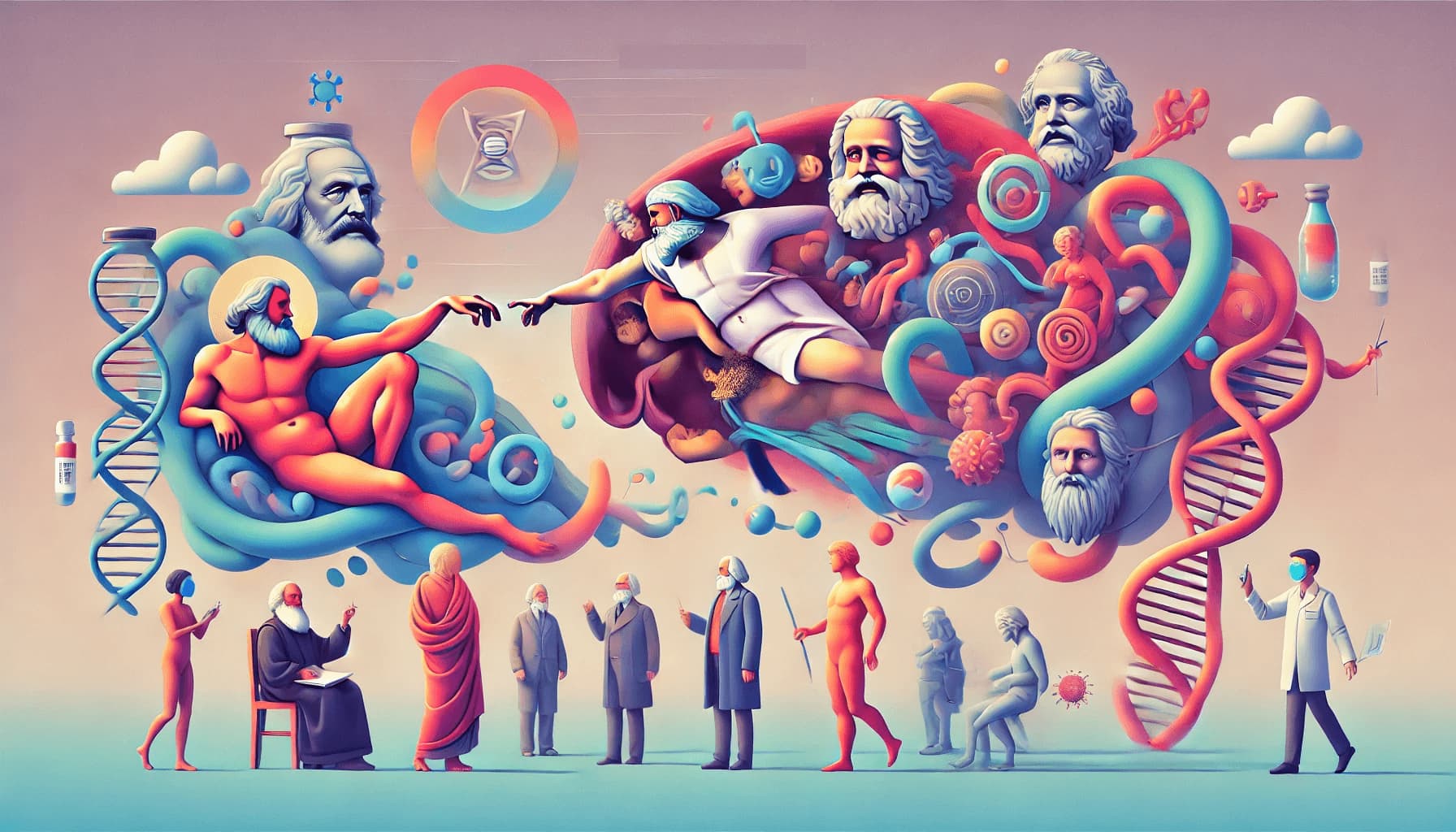
It’s funny how every big technological shift comes with people trying to stop it. When the Industrial Revolution kicked off, workers smashed machines for taking their jobs. Same thing with automation in factories, same thing with computers. And now, AI. We keep having the same conversation, just with different tech. But the thing is, you can’t stop it. No one ever has. The world moves forward, whether we’re ready or not.
The fear isn’t just about job loss. It’s deeper. AI isn’t just replacing factory workers; it’s automating things we thought were distinctly human—writing, reasoning, creativity. That stings. If we measure our value by how much we produce, then yeah, AI feels like a threat. But what if we stopped seeing ourselves as productivity machines and started focusing on something else—like cultivation? Finding truth? Seeking wisdom instead of just producing more?
I use AI all the time. I had ChatGPT write a version of this post, and honestly, it was garbage. But it helped me clarify my thoughts. AI isn’t taking away my ability to think—it’s giving me more room to think deeply. Imagine if we used AI to offload busy work and actually spent more time exploring philosophy, making music, or playing Exploding Kittens while waiting for food at a restaurant. That doesn’t sound like a bad trade.
But—and here’s the catch—we still live in capitalism. That means survival is tied to production. It’s not enough to say, “Let’s all focus on wisdom and fulfillment,” when rent still needs to be paid. That’s the real issue. Maybe AI isn’t the problem—maybe the way we’ve structured work and value is. Instead of trying to stop AI, maybe we should push for rethinking the systems that make us fear it in the first place.
I was watching this new HBO show, Common Side Effects. There’s a scene in episode 8 where a pharma exec is told that a new mushroom can cure anything and will put the entire healthcare industry out of business. His response? “Maybe they should be out of business. We can change the game here. Cure everybody!” That’s the kind of thinking we should be promoting. Instead of clinging to broken systems, why not build better ones—like seriously exploring Universal Basic Income to ensure economic stability in a world where automation is reshaping the workforce?
But Harari’s point is important: we can’t be naive. Every new technology comes with risks, and the bigger the technology, the bigger the risk. Every technological revolution brings failed experiments—some minor, some catastrophic. The Industrial Revolution didn’t just bring progress; it also fueled European imperialism, communism, and fascism—failed attempts at structuring an industrial society that cost millions of lives. If AI follows the same trajectory as previous revolutions, we might be on the verge of a period of dangerous trial and error, where society experiments with how to integrate AI—and not all those experiments will end well. Some could be disastrous. It’s not enough to embrace AI as inevitable. We have to be vigilant about how we adapt to it, because history tells us that getting it wrong could cost us more than we realize.
Just the fact that we’re having these discussions might actually be what saves us. There’s a concept in game theory called reflexivity: when people become aware of a prediction about their behavior, they often change their actions in response, making the original prediction inaccurate. Marx pointed out the flaws in capitalism. Because of his ideas, reforms happened that eased some of its worst consequences. Maybe AI will follow a similar path. The more we discuss its impact, the more we adapt, and the better we find ways to integrate it into our lives rather than being overwhelmed by it.
So yeah, I don’t fear AI. What I fear is clinging to outdated ways of thinking while the world moves on—or worse, repeating history’s worst mistakes in a new technological era. AI isn’t coming—it’s already here. The question isn’t whether we can stop it. It’s whether we can avoid the failed experiments that so often accompany progress and make sure we use it to build something better instead of worse.